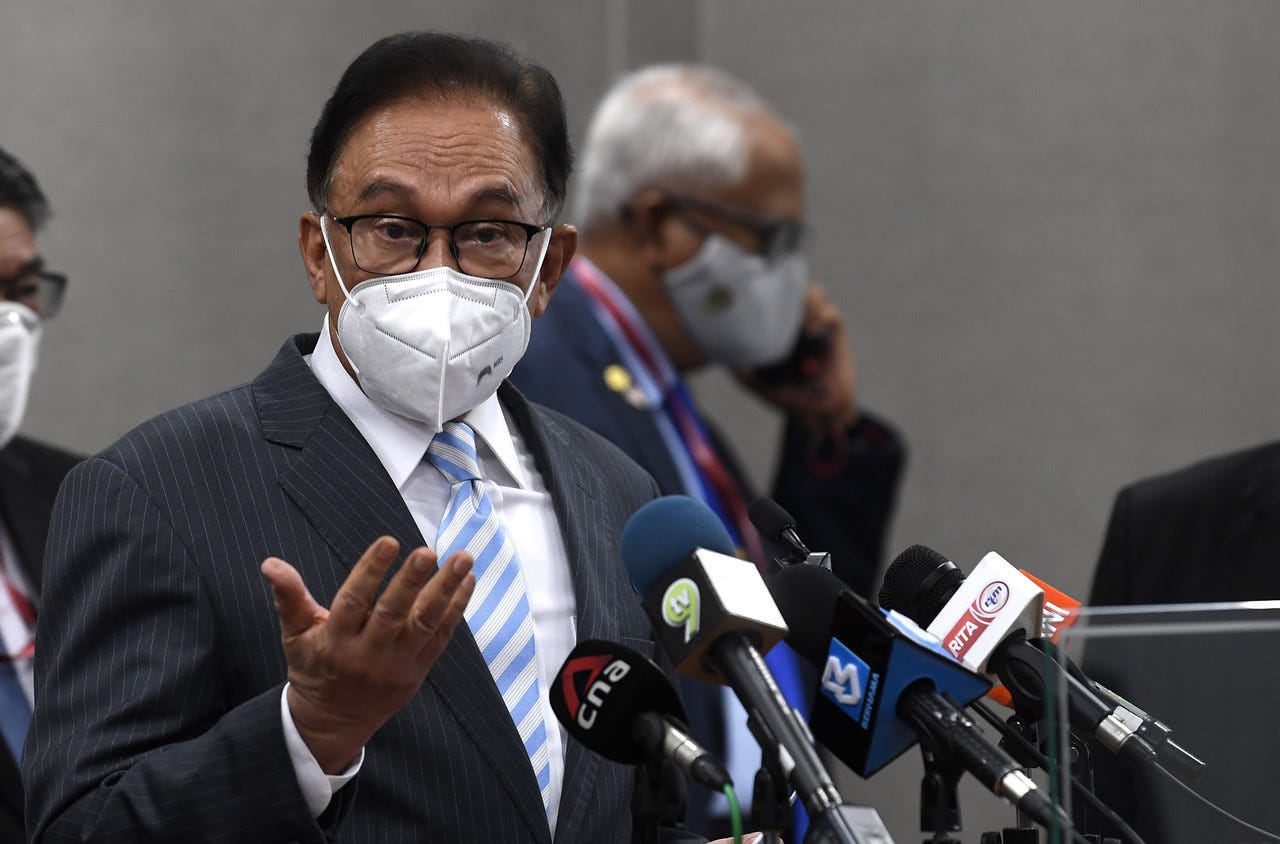Malaysia's Opposition Coalition Must Radically Change to Survive
Bitter lessons from Melaka state elections
By: Murray Hunter
Most of Malaysia’s political analysts foresaw that the opposition Pakatan Harapan coalition, which stumbled from power in February 2020 after a disastrous performance , had electoral appeal issues — but not the magnitude of the disaster that befell them in the weekend state elections in the historic town of Melaka.
The corollary is that …
Keep reading with a 7-day free trial
Subscribe to Asia Sentinel to keep reading this post and get 7 days of free access to the full post archives.

